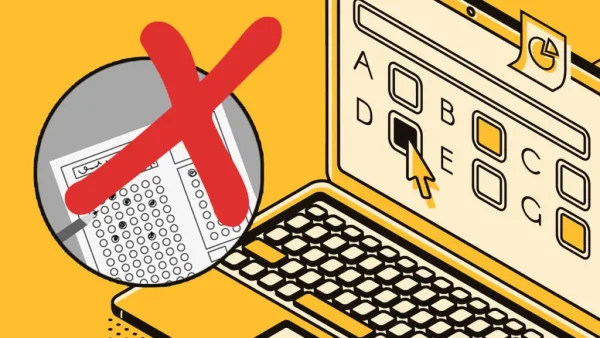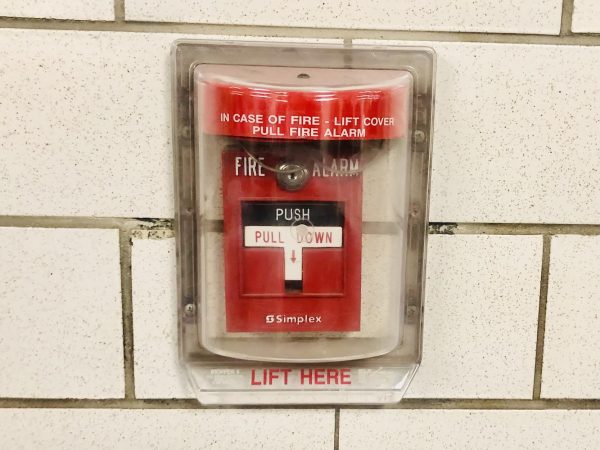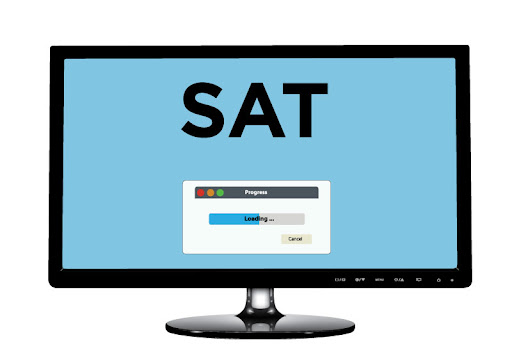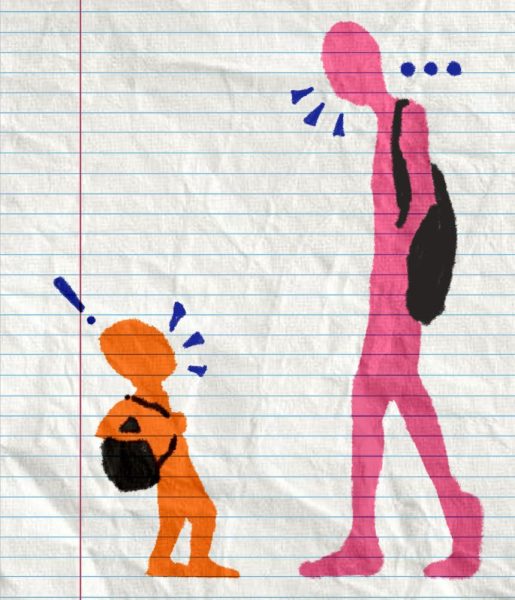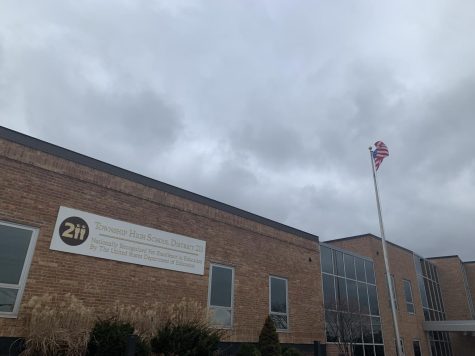The Freedom Dividend: Necessary for the survival of working America
September 11, 2019
Democratic presidential candidate Andrew Yang has made waves on the Internet in recent months, thanks in large part to his flagship proposal: the Freedom Dividend, or FD, a form of universal basic income. This program would provide every American over the age of 18 with a one-thousand dollar monthly check. While not enough money to survive without working, the FD would supplement people’s existing wages. This policy would undoubtedly create fairness and equity among American workers.
The rapid innovation of the technology sector has made automation commonplace in the world of American manufacturing, reducing the need for comparatively inefficient human labor. As a result, businesses have no reason not to engage in layoffs of less profitable human workers. This trend is displacing millions of American labor at a rapid rate, and the Freedom Dividend will minimize the fallout from this process.
This spells disaster for the American workforce. According to the Brookings Institution, both sides of the political aisle agree that a weak response to automation would lead to economic depression. The Freedom Dividend is an unabashedly strong response to this looming crisis, and would ensure that Americans can afford essentials while they seek new economic opportunities. While many have suggested job retraining as a cheaper means of rehabilitating displaced workers, a study by non-partisan research organization Mathematica have shown that these programs are typically unsuccessful, producing low re-employment and operating at a slower rate than that at which jobs become automated.
Furthermore, a Bankrate study mentions that six in ten Americans would be unable to afford a 500 dollar emergency if it were to emerge. This situation creates massive uncertainty and stress, and can lead to working grueling hours or selling belongings to compensate. It is morally just to alleviate these concerns at the governmental level and allow Americans to focus on families, careers, and hobbies first and foremost, which the Freedom Dividend would achieve. The FD would create jobs and grow local economies by creating billions of dollars in spending money. An expansive Roosevelt Institute study found that those with disposable income tend to support local businesses when given free money; the FD would not fall into Apple and Amazon’s pockets.
The Freedom Dividend seems impossible to maintain. However, this is a misconception. Yang proposes a Value-Added Tax, or VAT, as a means of funding the FD. The VAT is a highly progressive tax for which the upper echelons of wealth bear the vast majority of the burden, as it falls exponentially as household income lowers. This means that the needy can reap the rewards of the FD without having to put much of their hard-earned money into it. We can, despite many arguments from opponents, find the money to implement the FD.
Interestingly, there was a time when Democrats and Republicans agreed that a universal basic income (UBI) like the Freedom Dividend was a good idea. In 1970, a bill establishing a UBI was approved by the House of Representatives and supported by Richard Nixon, but only failed in the Senate because the Democrats held out for a higher payout. Even the stalwart Republicans of that era recognized the benefits of UBI, yet in the modern age, as a UBI has become more and more crucial to the economic future of America, legislators have been stagnant on the issue.
Supporters of the proposal are sometimes labeled socialists or communists, despite the fact that the FD is capitalism with a floor beneath which the government would not allow Americans to fall. Interestingly, Yang’s Democratic challengers have panned the FD as gimmicky and expensive while championing similarly expensive welfare programs like Medicare for All and Free Tuition for All.
Liberals and conservatives alike have suggested that the FD, and welfare in general, creates a lazy and unmotivated population that has less need to work. However, this is not quite true. The one thousand dollars per month that Yang proposes is not nearly enough to support oneself, considering that the poverty rate is two thousand dollars per month. The FD would serve as a protective netting for workers, rather than a feeding tube.
Besides, an MIT study has shown that putting money in people’s pockets makes them more likely to worker longer hours, as they better understand how earning a greater salary will improve their lives. In addition, unemployment has been shown to lower where UBI is implemented. Opponents of FD might argue that one cannot trust a poor person to spend their money wisely, and that the acquisition of drugs, alcohol, and other frivolous items would be a priority for many recipients. However, the study referred to above found that UBI reduced or had no effect on drug crime and addiction levels. Poverty begets crime, while the reverse is untrue.
It is clear that the Freedom Dividend would drastically improve the lives of everyday Americans struggling to get by, while helping the higher-ups as well through its stimulation of the economy. So the adage goes, “Modern problems require modern solutions.” It’s not just a gimmick or a temporary fix. The Dividend is the modern solution that America needs.



